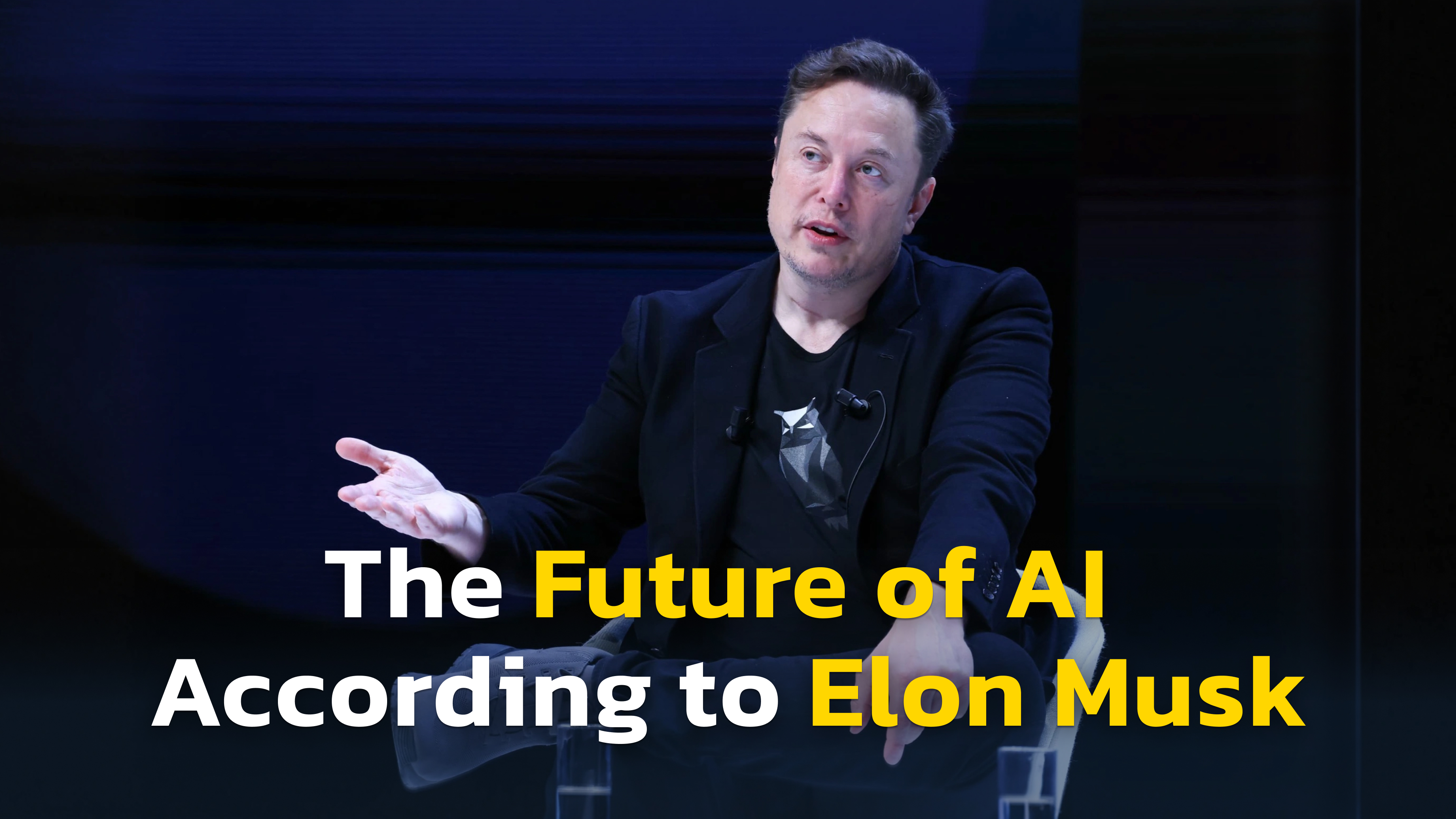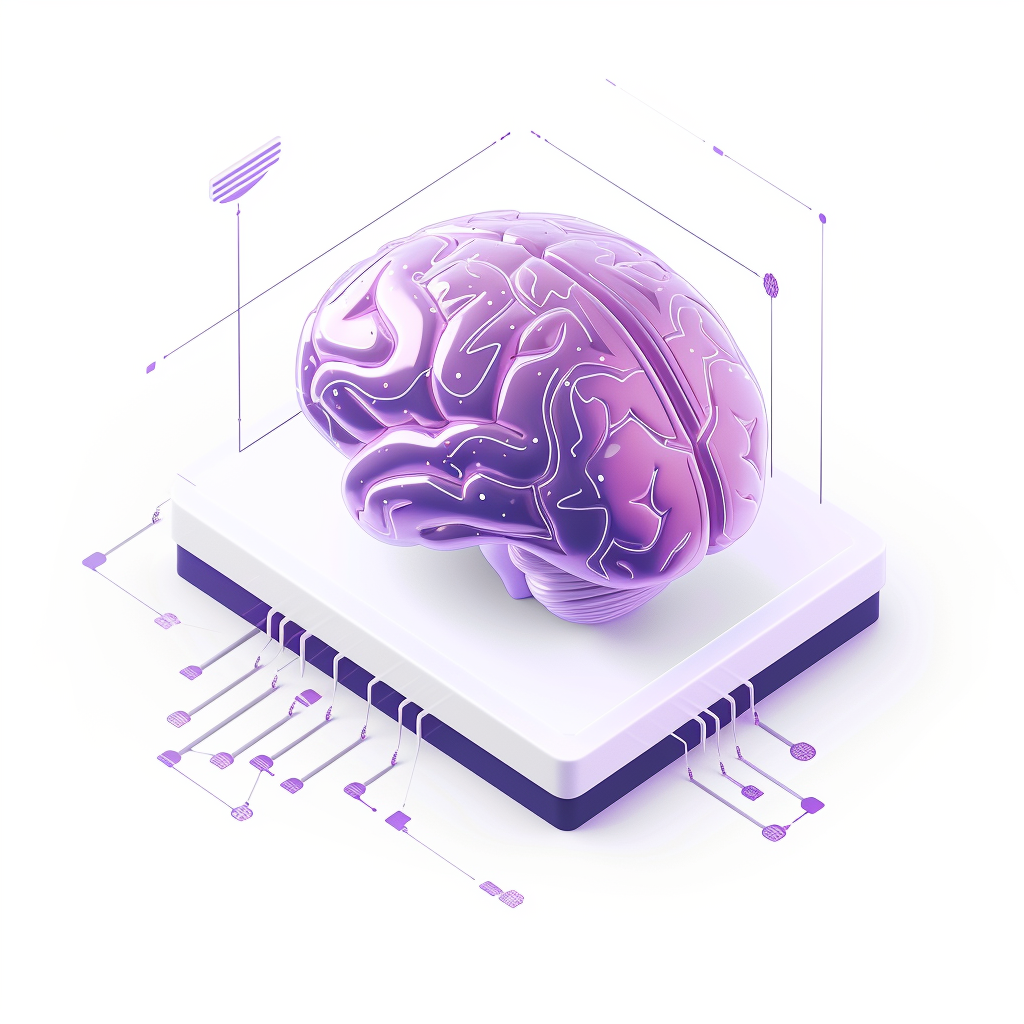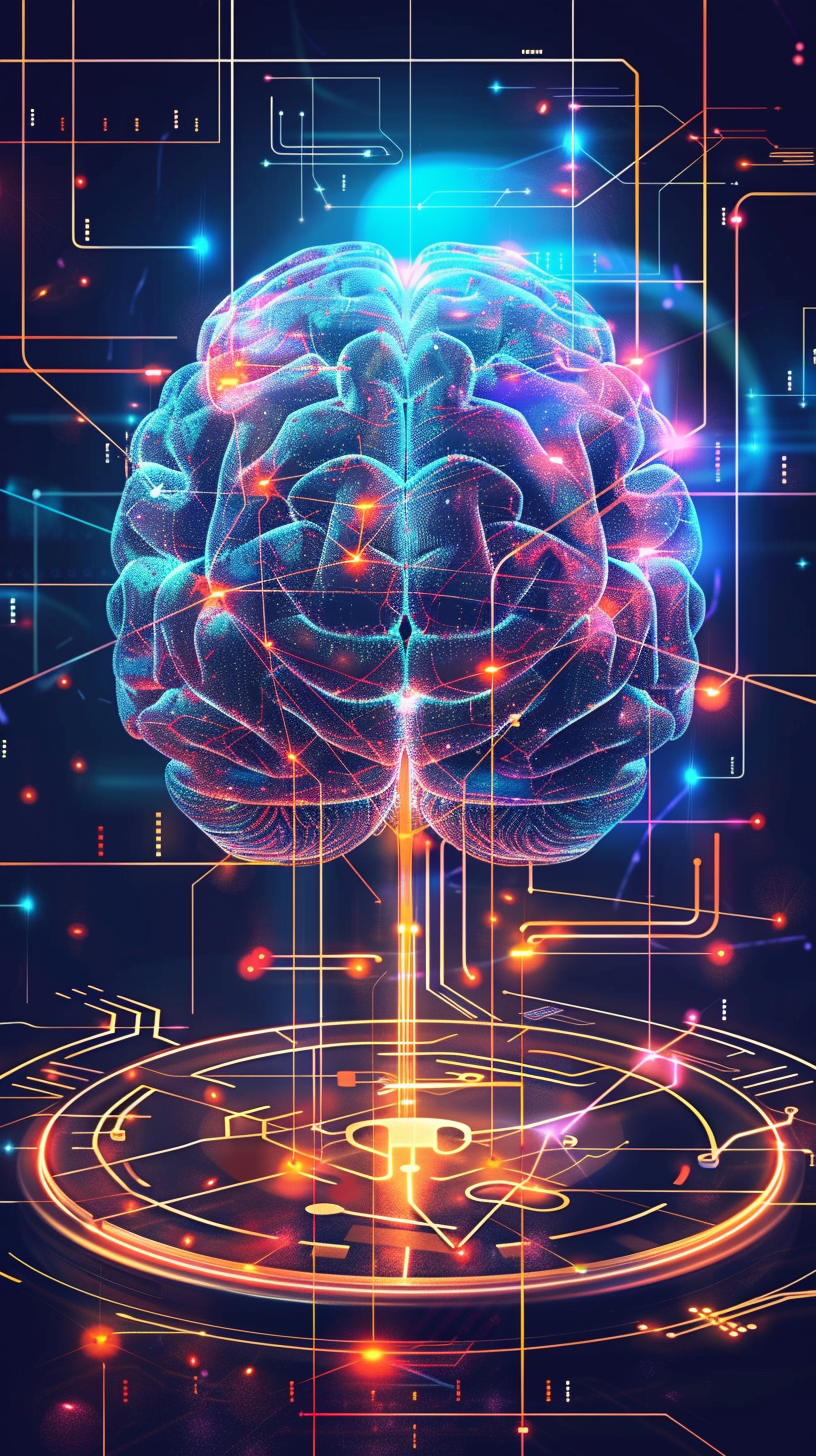The rise of artificial intelligence (AI) and robotics is reshaping the world faster than we could have imagined. From advanced AI chips to humanoid robots, we’re stepping into an era where the possibilities seem endless. Elon Musk recently emphasized the rapid pace of AI development, describing it as faster than any technology he’s ever seen, with the potential to create an age of abundance.
Today, on 10/10/2024, Tesla is hosting an AI event that will provide more insights into their Robotaxi project, giving us a clearer idea of how close we are to seeing fully autonomous vehicles on the roads and what advancements have been made so far.
The future will be streamed live
— Tesla (@Tesla) 9 octobre 2024
10/10, 7pm PT https://t.co/YJEjZIYoTA
Let’s dive into this transformative journey, focusing on key players, real-world applications, and the challenges ahead.
NVIDIA’s Market Dominance
When it comes to AI hardware, NVIDIA is at the forefront. Their specialized chips are driving the AI revolution, powering everything from natural language processing to advanced data analysis.
Elon Musk noted that NVIDIA is currently the main company making significant revenue from AI, and their impact is both profound and far-reaching. NVIDIA isn’t just making hardware; they’re setting the standard for what AI can do, enabling industries to tap into immense computing power.
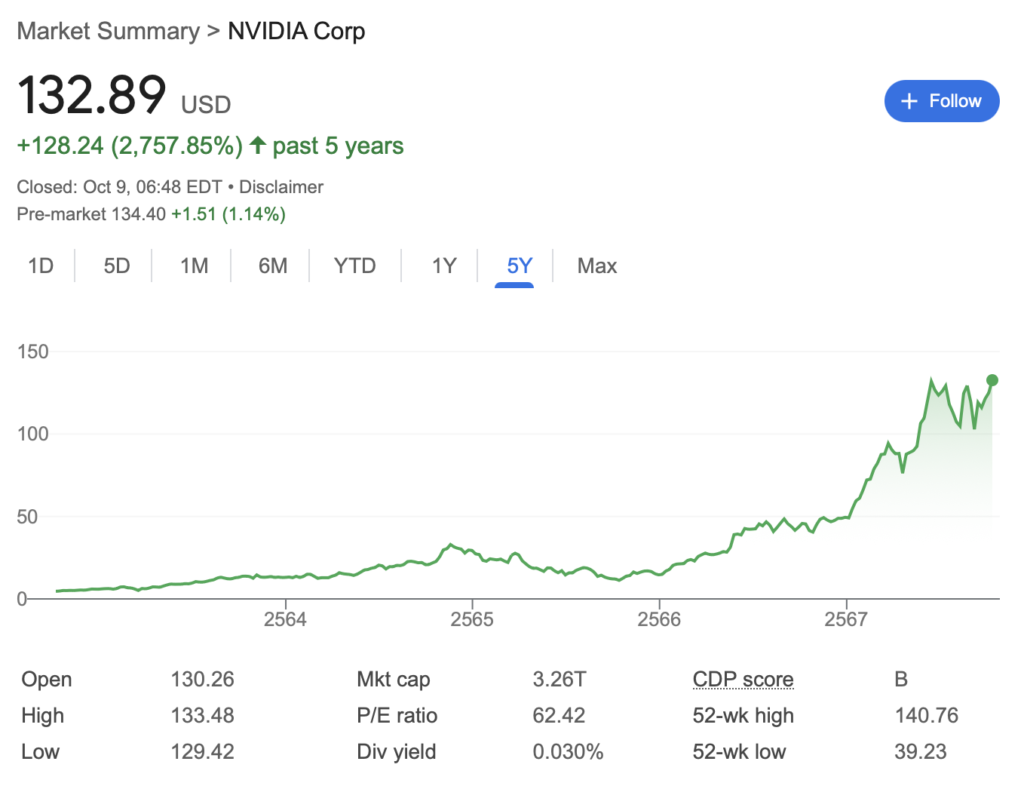
The impact is clear—NVIDIA is leading a market trend where companies are increasingly betting big on AI to transform industries. Their influence reaches across various sectors, and they continue to push the envelope, inspiring others to explore AI’s potential.
Applications Across Industries
The potential of AI transcends any single field. Think self-driving cars navigating rush hour or production lines working round the clock—we’re talking about transformations that will redefine industries. As Elon Musk mentioned, AI’s good future is one of immense prosperity, with no shortage of goods and services, making things cheaper and more accessible for everyone.
Healthcare is also a key area, with AI poised to revolutionize diagnoses, treatment plans, and data management.
Beyond convenience, AI and robotics are setting the stage for economic abundance. By improving efficiency and slashing costs, goods could become significantly cheaper, transforming the way we live. Agriculture, logisticset energy are just a few industries set to benefit massively as technology becomes more accessible and integrated.
Tesla: Leading AI Innovation
Tesla, under Elon Musk, has always been about pushing boundaries, and their AI ambitions are no different. Their self-driving tech is impressive, but it’s the Dojo supercomputer that really stands out.
Dojo is built to handle the massive data needed to train AI, making it a game changer in terms of speed and efficiency. Musk has described Dojo as a unique solution optimized for Tesla’s needs, especially in handling large image and video datasets, setting it apart from generic AI models.
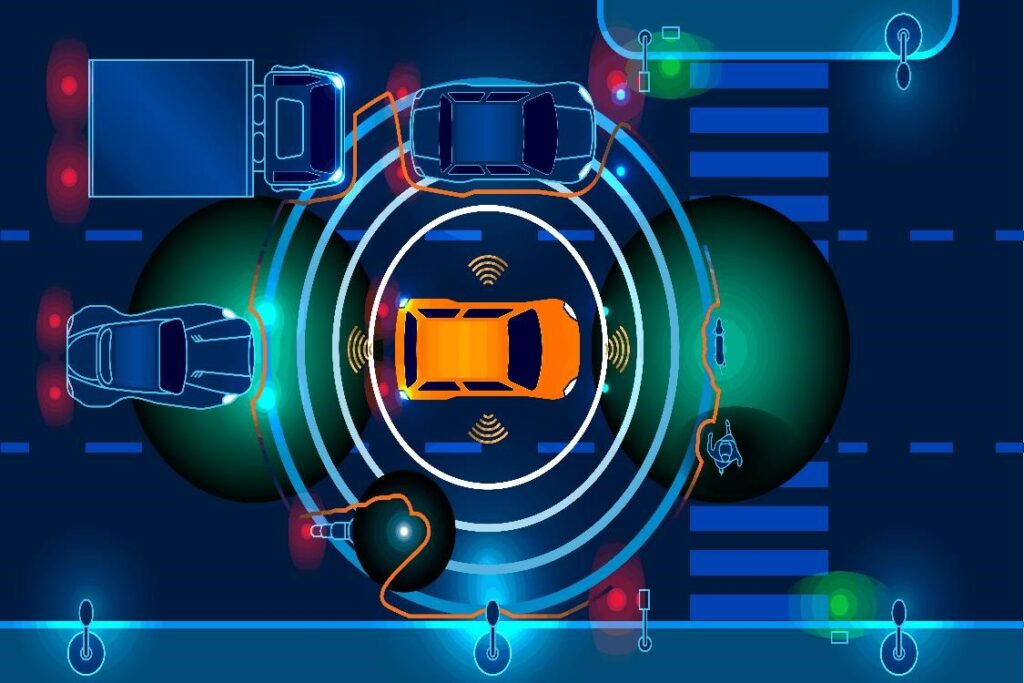
In addition to Dojo, Tesla’s Robotaxi project is a key part of their self-driving vision. Today, on 10/10/2024, Tesla is hosting an AI event to provide more insights into Robotaxi, giving us a clearer idea of how close we are to achieving fully autonomous driving. This event could be a significant milestone in bringing self-driving vehicles to our roads.
This approach sets Tesla apart. By developing specialized hardware like Dojo, they’re not just participating in AI—they’re actively shaping its future. It’s all about making AI training faster, better, and tailored to their ambitious goals.
Humanoid Robotics: Enter Optimus
Tesla’s Optimus project takes robotics to a whole new level. Optimus aims to be a humanoid robot capable of helping in everyday tasks—all at a price point that’s supposedly comparable to a small car. Elon Musk predicts that in high volume, the cost of Optimus could be similar to a small car, making it accessible to many people. If Tesla pulls this off, humanoid robots could soon become as common as household appliances.
We've built @Tesla_Optimus from the ground up – and it's already being tested in our factories pic.twitter.com/TDWZXeM74W
— Tesla (@Tesla) June 13, 2024
Imagine robots that do everything from household chores to assisting with personal tasks. This isn’t just about novelty; it’s about creating a world where robots enhance our quality of life, taking on tasks we’d rather avoid or simply don’t have time for.
Imagine robots that do everything from household chores to assisting with personal tasks. This isn’t just about novelty; it’s about creating a world where robots enhance our quality of life, taking on tasks we’d rather avoid or simply don’t have time for.
Economic and Social Shifts
With all this innovation comes big changes to society and the economy. If robots can do more of the work, what happens to jobs?
Increased productivity might mean fewer traditional jobs, but it also opens the door for people to focus more on creative pursuits or just enjoy more leisure time. Musk acknowledges that while AI could lead to immense prosperity, it also poses challenges in finding meaning when AI can do everything we can do, only better.
On the flip side, there’s a real challenge here. We need to rethink how wealth is distributed if AI leads to cheap, abundant goods but fewer jobs. It’s crucial that everyone benefits from these advancements, not just a select few.
Ethical and Security Concerns
AI and robotics bring up big ethical questions. If machines start outperforming humans in many tasks, what does that mean for our sense of purpose? Musk suggests that there may be a crisis of meaning as AI takes over more human roles. Then there’s the existential risk—AI that’s too powerful could pose threats we’re not ready to handle.
Security and privacy are also huge issues. Imagine humanoid robots in our homes—they’ll need access to a lot of personal data to function well. Ensuring this data is secure and used ethically is going to be critical.
Looking Ahead
AI and robotics are changing the world, with companies like NVIDIA and Tesla leading the charge. As Musk pointed out, the combination of AI and robotics could lead to an age of abundance where goods and services become cheaper and more accessible. But while the tech is exciting, we need to be mindful of the ethical and socio-economic implications. A balanced approach—one that maximizes benefits while addressing risks—is the only way forward.
If we get it right, AI and robotics could bring about a future of unprecedented convenience, efficiencyet fairness. But the decisions we make today will shape how this future unfolds. Let’s make sure it’s a future where technology truly serves humanity.

